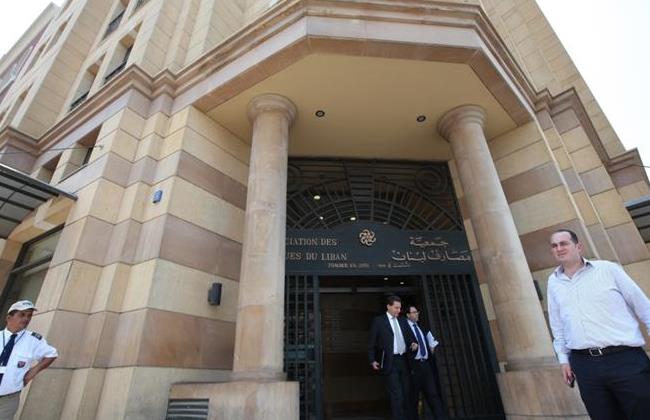Lebanese Banking secrecy to remain despite FATCA
Osama Habib/The Daily Star/Dec. 06, 2014
BEIRUT: There is no threat to Lebanon’s banking secrecy, despite the mounting pressure from the international community to disclose the accounts of Lebanese with dual passports, bankers said.
“The United States and some European countries, which are seeking the full cooperation of other states in disclosing the bank accounts of residing American and European nationals, have not made any request of Lebanon to lift its banking secrecy,” Makram Sader, the secretary-general of the Association of Banks in Lebanon, told The Daily Star.
“We are already fully implementing Foreign Account Tax Compliance Act [FATCA] and this is done with the consent of U.S. citizens who have bank accounts in Lebanon.”
Lebanon is one of the countries in the world with banking secrecy laws, which were created to further strengthen the financial systems in the country.
Under the laws, no person or group has the right to disclose the bank account details of any depositor.
However, Lebanon has agreed to lift banking secrecy if a depositor is suspected of money laundering or terrorist funding, or if the account holder is a U.S. citizen.
Under FATCA, the Lebanese banks request that any depositor holding a U.S. passport or a Green Card sign a memo that authorizes the lender to send the details of his or her account to the financial authorities in the United States.
Lebanese bankers boast that Lebanon was one the first countries in the world to apply FATCA and that the lenders are keen to abide by all international decisions related to money laundering.
In October of this year, more than 80 countries signed up to a deal in Berlin that could help end banking secrecy, in what the sponsors hope will be a major step in the global battle against tax evasion and fraud.
A total of 51 countries signed up to the Multilateral Competent Authority Agreement, under which their national tax authorities will exchange information automatically from September 2017.
And more than 30 other countries said they would sign up a year later in 2018.
Sader gave his assurance that banking secrecy was no longer a hurdle before the implementation of FATCA and other anti-money laundering measures.
“The countries are only asking for the exchange of information on taxes, and provided that these states are fully cooperating then they are not bothered if Lebanon or other states still maintain banking secrecy,” he explained.
Sader added that if the Americans wanted to inquire about a group or individual suspected of being involved in money laundering or terrorist funding, all had have to do was send a request to the Special Investigation Commission, which handles all such cases.
Voicing similar views, Joe Sarrouh, the adviser to the chairman of Fransabank, told the paper that Central Bank Governor Riad Salameh had repeatedly said that FATCA and other anti-money laundering measures would not affect banking secrecy in Lebanon.
“FATCA has been implemented with the consent of the bank account holder. The other condition for lifting the banking secrecy is when a person is involved in money laundering. Other than these cases, the depositor is protected by Lebanese banking secrecy,” Sarrouh said.
However, some observers believe that Lebanon’s banking sector could easily survive and prosper even if one day banking secrecy were lifted, noting that investors have high confidence in the efficiency of the Lebanese banks.


















